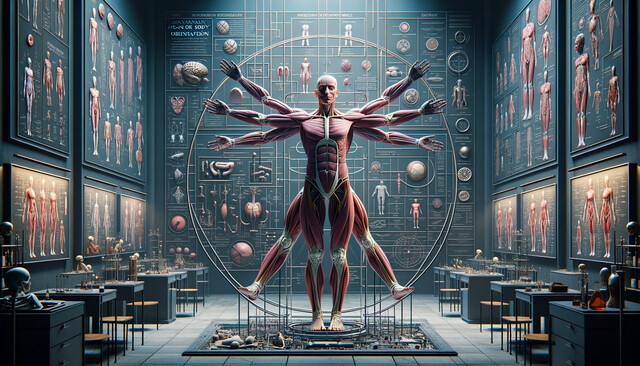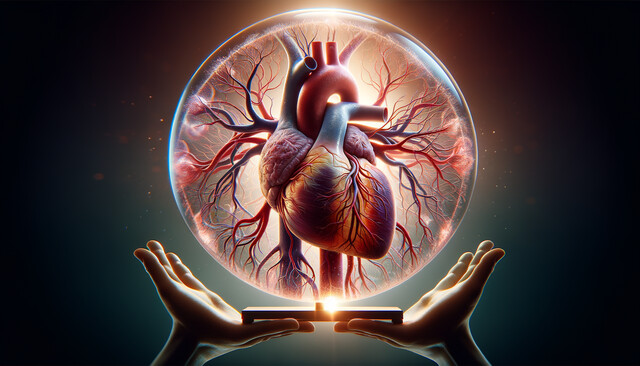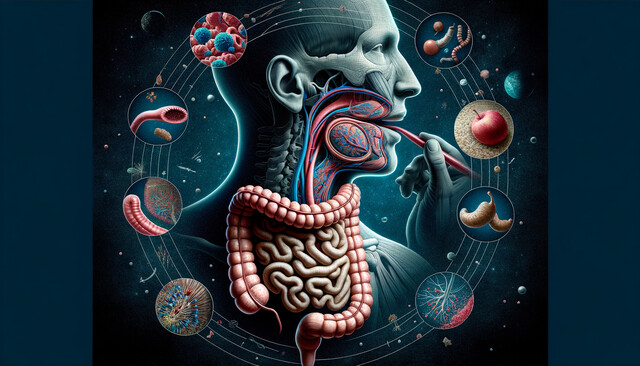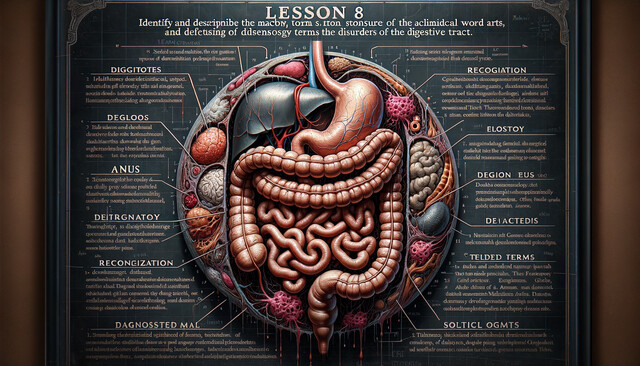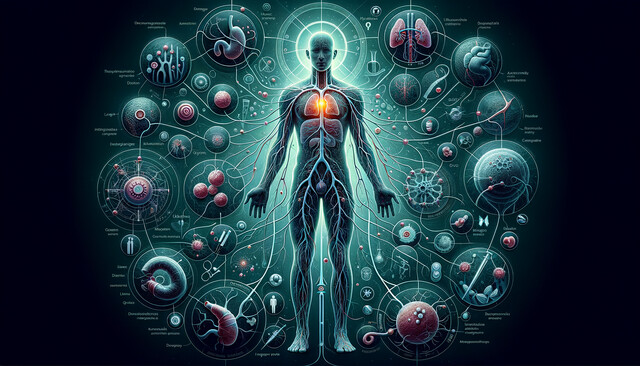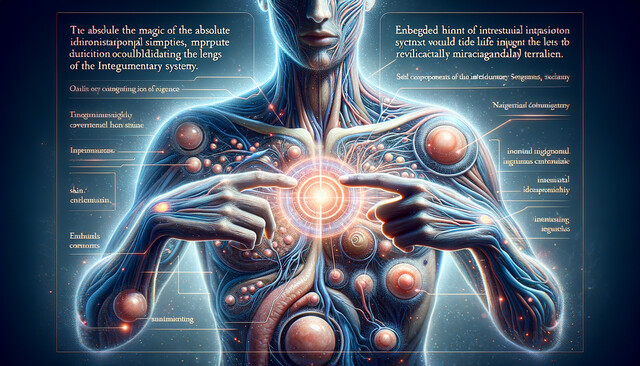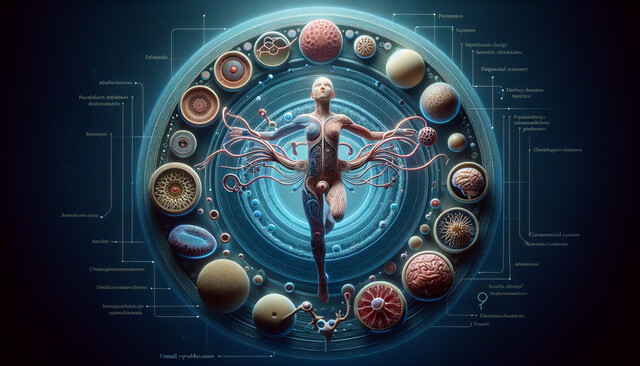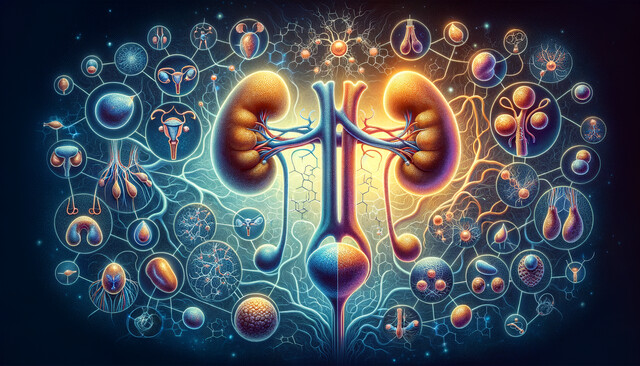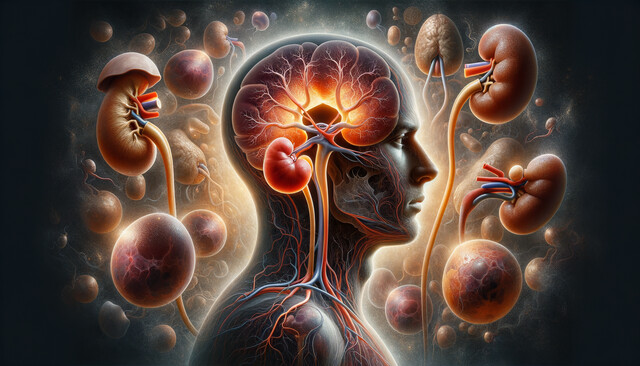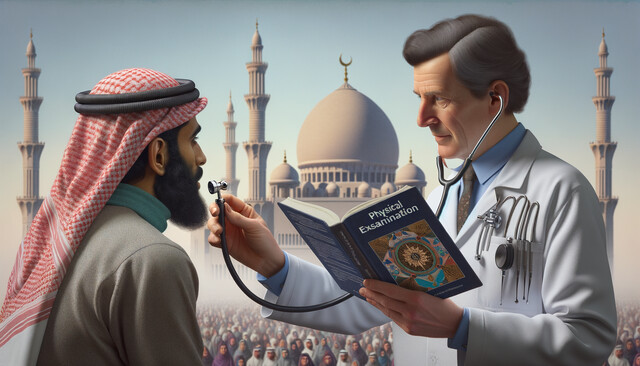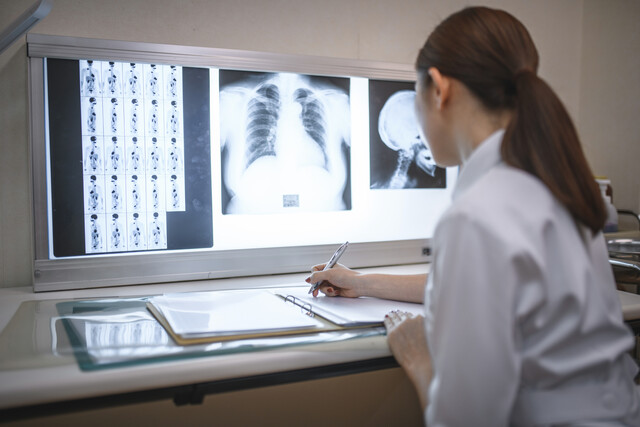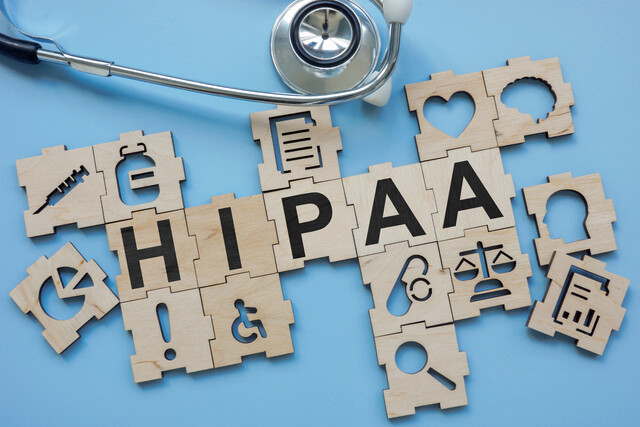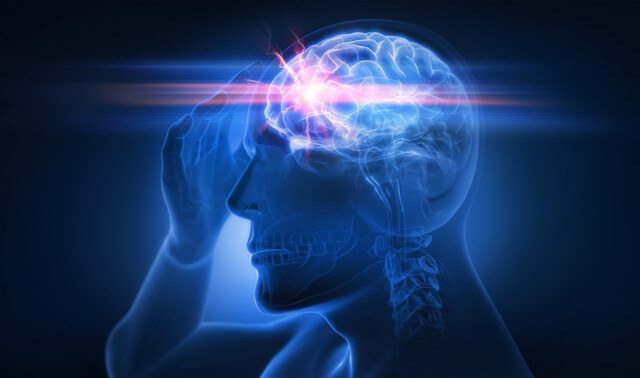Medical Terminology for Medical Coders
Master the Language of Medicine for Precision and Proficiency

14 Hours average completion time
1.4 CEUs
22 Lessons
49 Exams & Assignments
218 Discussions
21 Videos
25 Reference Files
Mobile Friendly
Last Updated December 2023
Medical Terminology Mastery: Essential Knowledge for Modern Medical Coders
In an ever-evolving healthcare landscape, the accuracy and precision of medical documentation are more vital than ever. Medical coders serve as pivotal players in this complex system, ensuring correct terminology for proper patient care, billing, and overall communication. The World Health Organization notes that an estimated 20-25% of all medical errors are attributed to misunderstandings or miscommunication, many of which stem from incorrect medical terminology.
Why This Course?
To address the need for skilled and knowledgeable medical coders, we present our comprehensive course on Medical Terminology tailored specifically for today's medical coding professionals. Beyond just a glossary of terms, our course delves deep into the origins and structures of medical words, fostering a true understanding rather than rote memorization. By diving into the word roots, prefixes, and suffixes, you gain the tools to decipher even unfamiliar terms, a skill essential in an industry where new conditions, treatments, and technologies continually emerge.
Detailed Curriculum with Real-World Applications
Each section of the course dedicates itself to specific body systems, their related ailments, treatments, and procedures. For instance, when discussing the cardiovascular system, you won't just learn the terms; you'll understand conditions like 'atherosclerosis' by breaking it down: 'athero-' (fat), '-scler-' (hardness), and '-osis' (condition). Such insights can prove invaluable when coding complex medical records.
The course structure:
-
Foundational Lessons (1-3): Starting with medical basics, we then dive into the building blocks of medical words, ensuring a solid foundation.
-
Body System Focus (4-20): Each body system is explored in detail. For instance, the digestive system covers everything from common conditions like 'gastritis' to more intricate procedures.
-
Advanced Medical Procedures & Instrumentation (21): Gain insight into the tools and tests commonly used in today's medical world, enhancing your understanding and coding accuracy.
-
Final Exam (22): Assess your newly acquired knowledge and proficiency in medical terminology.
Throughout the course, real-world examples enhance understanding, making connections between the terms learned and their application in actual medical scenarios.
For Whom?
While beginners will find this course an invaluable resource in understanding and mastering medical terminology's vast landscape, seasoned coders will also benefit. With continuous medical advancements and the introduction of new terms and procedures, even experienced coders need periodic refreshers.
Benefits of Enrolling
-
Deep Understanding: Learn not just the what, but the why behind each term.
-
Career Advancement: With a solid grasp of medical terminology, you'll stand out in the job market and within your current organization.
-
Reduced Errors: With a clear understanding of terms, the chances of misinterpretation or mistakes diminish considerably.
-
CEUs: Many organizations recognize the completion of such courses in their Continuing Professional Development programs.
Final Word
In the intricate dance that is modern healthcare, every step, every term, and every code must be precise. Medical errors not only cost institutions in terms of finances but can have dire patient outcomes. As a medical coder, your role in this dance is pivotal. Equip yourself with the knowledge and confidence to excel in your role. Join us today, and embark on a journey to medical terminology mastery.
- Improve accuracy in medical coding
- Master medical terms across multiple body systems
- Identify common conditions and treatments
- Utilize real-world scenarios for application
- Recognize root words
- prefixes
- and suffixes
- Interpret complex medical procedures
- Develop critical thinking for unfamiliar terms
- Stay updated with emerging medical terminology
- Enhance precision in medical documentation
Choose from plans starting at just $16/month (billed annually)
See Your Team Succeed
Empower your team instantly with an integrative group enrollment system. Purchase licenses in bulk with Group Discounts.



